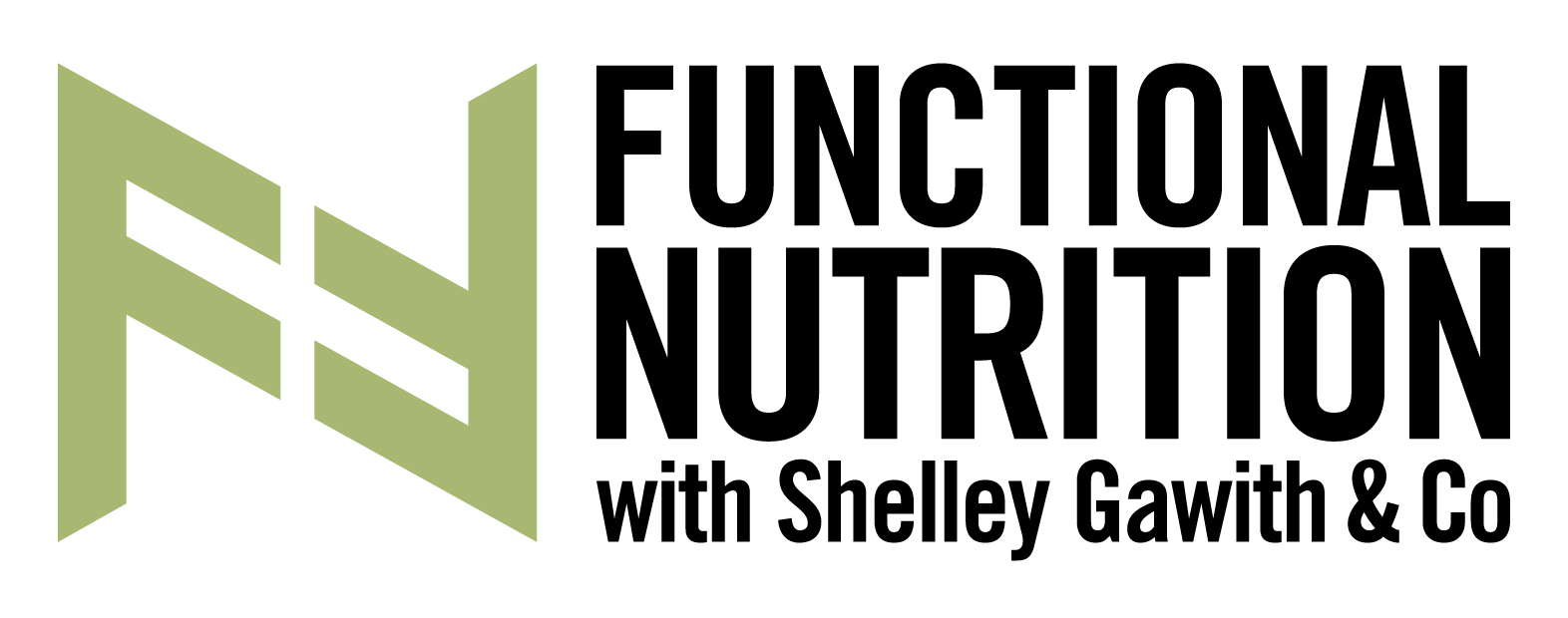I wanted to take a moment to talk about your thyroid health. It’s something I get asked about frequently in clinic by concerned clients. I also want to take time to explain thyroid lab testing, because I spend hour after hour talking about this.
Our thyroid is important for so many things. It’s very important for our hair. So hair falling out can be a sign of your thyroid needing some attention. It’s also important for your metabolism. It’s important for weight loss. It’s important for how good you feel. Our thyroid talks to every cell in our bodies!! So it’s super important; and as we age, there can be more of a burden on our thyroid.
From my own personal health history, the thyroid is very important to me because it’s the first organ that started to decline in my body. But while I don’t need you to be a blood test expert, I do like you to be empowered so you have some understanding of what’s happening with your blood labs.
This is especially important when you go to the doctor and you ask for a standard thyroid panel to be done, because what I’m seeing again and again in clinic is you’re not getting a thyroid panel. There’s also the advanced thyroid panel testing that we can do that, as a practitioner, changes my whole way of working with a client. So I’m just going to take a few moments to educate you. And I strongly suggest that if your thyroid’s fine, then share this with somebody else because this is knowledge that’s not getting out there.
When you ask for a standard thyroid panel now in New Zealand, that means that the medical system is going to test TSH (and only TSH).
When I, as a clinician, want to see your standard thyroid panel (not looking at your antibodies, just looking at function) I want TSH, T3 and T4. That’s just the basics. That’s just to ascertain if you might have any thyroid condition, and do we need additional information?
If we do need additional information, then I go on to request a functional lab thyroid panel for you. However, what I am seeing in clinic is clients sending me through the TSH results only and saying, “There’s my thyroid test.”
Just to be clear, our thyroid is an organ in our neck. TSH stands for thyroid stimulating hormone. It’s not looking at thyroid function. It is looking at how well your brain is talking to your thyroid. It’s actually more of a brain measurement than a thyroid measurement. So, when somebody comes to me and says, “I’ve had my thyroid checked, and it’s fine.” and they just give me a TSH number, they haven’t had their thyroid checked. I don’t actually know what’s happening with the status of their thyroid.
We’ve all got somebody that knows somebody that’s got a thyroid condition. So that is what’s happening with TSH? To know what is actually happening with your thyroid I also need T3 and T4 results at a minimum.
Now, this is not a medical way to describe what those two markers are, but I do find it’s a way for clients to be able to understand it. So, T4 is like, when you bake a cake. You get all the ingredients out of your cupboard. Back when I baked cakes, I put them all on my bench before I begun. But, if you just leave all the ingredients on the bench, you don’t have a cake. You still need to take those ingredients and do something with them. So, T4 is the active ingredients that your thyroid needs. These are key minerals. For example selenium (which a lot of people will know for their thyroid), iodine, zinc, iron, magnesium, B vitamins, Vit D, and there’s other things your thyroid needs, but those are some key ingredients …. like your butter, sugar and milk for your cake.
Then T3 is taking those ingredients from the bench top, blending them up in the blender and producing a cake – that is, our body being able to take those active ingredients and turn them into T3 and that’s what our body actually uses. So that is what your body uses, and what your thyroid needs.
So at this point, if you’ve got a thyroid condition, we investigate further. For example, I’ve been diagnosed medically with Hashimoto’s, so that means that I can only ever get it into remission. This is when I will ask you to do additional functional testing. If you’ve got antibodies, how I help you get better in clinic is a very different approach, because we need to change the way you’re eating and follow a very structured diet.
When I was at my sickest and I did my full functional thyroid panel, my antibodies were at something like 1500 (or something really high and ridiculous).
I also had a client I was working with recently on her thyroid health (via Zoom) She hadn’t been strictly gluten-free, or dairy-free, and she’d also been eating nightshades. She liked what she was eating, and sometimes it’s really hard to change these patterns. So that’s where these panels can be very useful. When her antibodies came up at 130, I said to this client that she had to now go on an Autoimmune Protocol diet (for a limited amount of time), so we could heal her body, and she needed to be committed to this lifestyle change.
She could obviously see the importance of this because we got the lab markers, and now we can measure them and see changes, and she’s going to see that what she’s doing is helping her.
So I hope this helps you have a better understanding of what I’m looking for when I asked for a thyroid panel, and what you should be looking for.
This is just basic. I know that, but it’s the basic things that we need to understand to gain empowerment, so that you know what you’re asking for and what you’re looking for. I hope this helps you, and it could definitely help a friend. So feel free to share this blog post and this information, because we’ve got to get empowered so we can change our health and that of those we love.
Sharing is caring!


